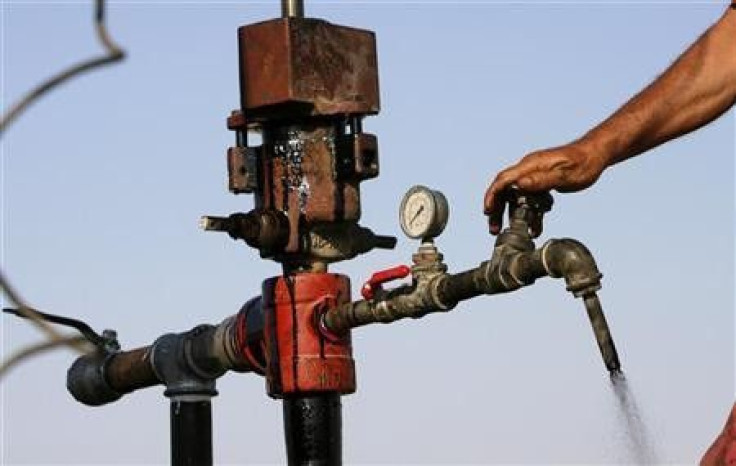India to Reduce Iranian Oil Imports, May Not Seek Waiver: Sources

The union government has told refiners to reduce Iranian oil imports and find alternatives as New Delhi may not seek a waiver that would protect buyers of Tehran's oil from a fresh round of U.S. sanctions, two industry sources said on Wednesday.
India, Iran's second largest oil buyer after China, is already struggling to pay for the crude due to existing sanctions, and fresh U.S. measures aimed at isolating Iran over its nuclear program will make payment even harder.
The South Asian country buys from Iran about 12 percent of its oil needs, or 350,000-400,000 barrels per day (bpd) and worth $12 billion annually.
Indian oil firms were told by officials at a meeting on Monday that the government was not planning to seek an exemption from the U.S. sanctions, and were advised to reduce dependence on Iran and be ready with alternative supply sources.
The companies have been told to reduce Iranian supplies and the government is not planning to seek a waiver, said one of the industry sources, who declined to be identified due to the sensitive nature of the matter.
The second source said the government appeared to believe that a waiver from the sanctions would provide only temporary relief as the exemption would only be for 120 days.
India's National Security Adviser Shivshankar Menon, who officials have said is driving his country's negotiations on Iran oil, met U.S. Charge d'Affaires to India Peter Burleigh last week.
India is indicating it will not seek a waiver, said a source at a foreign embassy in New Delhi with knowledge of the matter.
What is the point in short-term solutions? The waiver is not forever. Perhaps the Indian government realises it is better to reduce (Iranian imports) or replace if possible.
A senior Indian government source with direct knowledge of the matter said no decision has yet been taken on seeking exemptions under the U.S. sanctions.
India is currently paying for Iran oil imports through Turkey's Halkbank, a mechanism that is expected to succumb to a new law U.S. President Barack Obama signed on New Year's Eve, which if implemented fully would prevent most refineries from paying for Iranian crude.
Halkbank has already refused to open an account for state-run Bharat Petroleum Corp for oil from Iran. The U.S. law would strip any institution dealing with Iran's central bank from access to the U.S. financial system.
However, the law allows Obama to issue waivers to firms in countries that significantly reduce dealings with Iran or at any time when it is either in the U.S. national interest or necessary for energy market stability.
An Indian delegation will visit Tehran from January 16-21 to explore alternative routes of payment to ensure supplies without breaching sanctions, a government source said.
Indian refiners have gradually started raising supplies from other sources such as Saudi Arabia, Iraq and the United Arab Emirates.
Hindustan Petroleum HPCl.NS recently doubled the size of its annual crude purchase deal with Saudi Arabia. HPCL is the second Indian firm after Mangalore Refinery and Petrochemicals Ltd (MRPL.NS) to raise supplies from the Kingdom, the world's biggest oil producer.
© Copyright Thomson Reuters 2024. All rights reserved.











